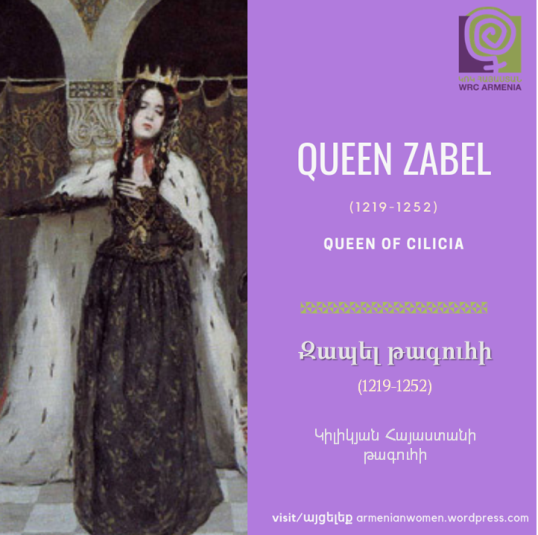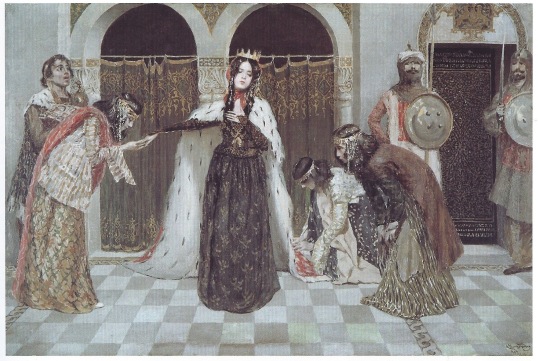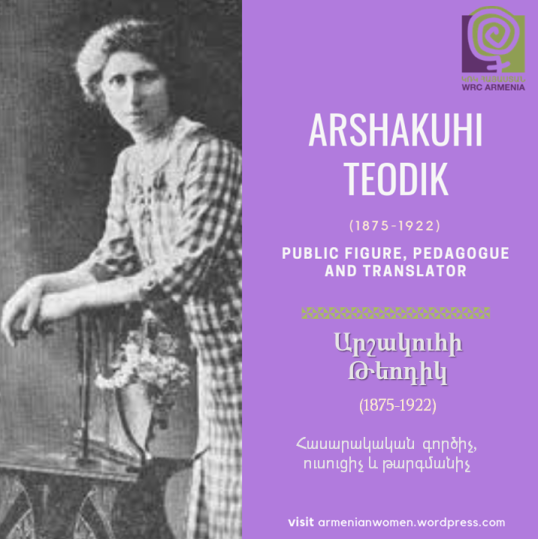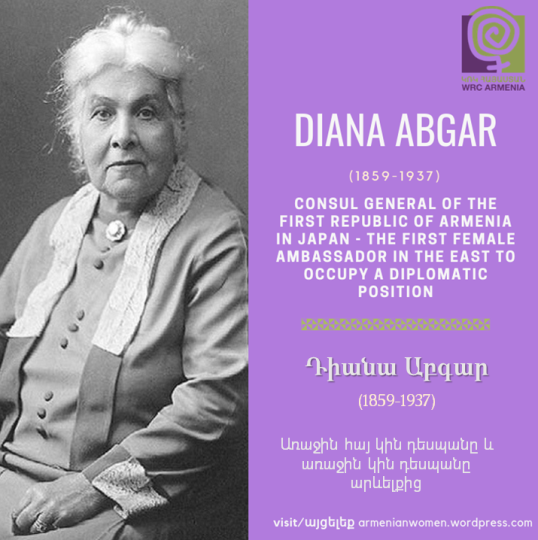Shushanik Kurghinian – Շուշանիկ Կուրղինյան
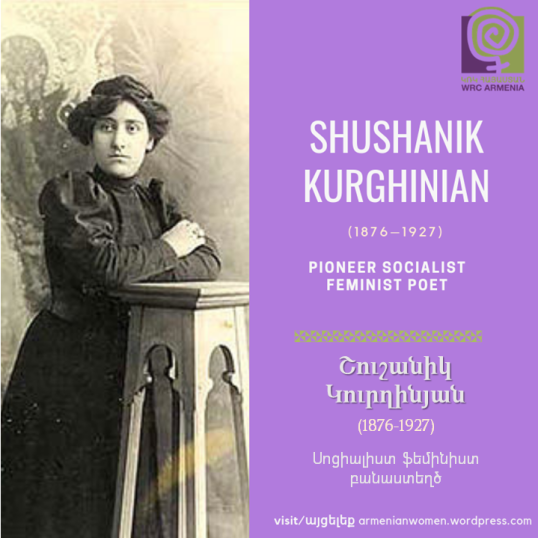
Armenia’s pioneer socialist feminist poet, Kurghinian was born in Gyumri, in 1876. She became politically active at seventeen and after graduating from the Progymnasium, left for Russia in order to continue her education. Instead, she immersed herself into the revolutionary underground in Rostov and partook in various proletarian actions. Her first book The Ringing of Dawn was published in 1907, which contained rare socialist feminist poetry and was highly criticized among the leading literary groups in Armenia. Kurghinian returned to her homeland in 1921 and continued her struggle for the betterment of social conditions for the unprivileged. She died in 1927.
I PITY YOU
I pity you, dull-witted women,
for chasing after rouge and beauty aids,
wasting away your time without a goal,
with faces adorned for lewd sale.
For using any possible means to
always please and gratify men,
day and night obsessing only
how to set traps of jealousy.
For robbing those who love you
of their last penny earned in pain,
at times of distress, callous and low
like owls you hoot, playing the victim.
For having a subtle instinct of marketing,
selling yourselves for the highest price,
bickering endlessly over style, appearance,
a circus show of fashion rivalry.
I pity you, vain captives, whose
thoughts are lost in folds of velvet
for having minds that are utterly vacant,
for having hearts that are tainted with deceit.
S. Kurghinian, 1907
translated by Shushan Avagyan
Sources: I want to live: Poems of Shushanik Kurghinian, translated by S. Avagyan, AIWA, 2005
